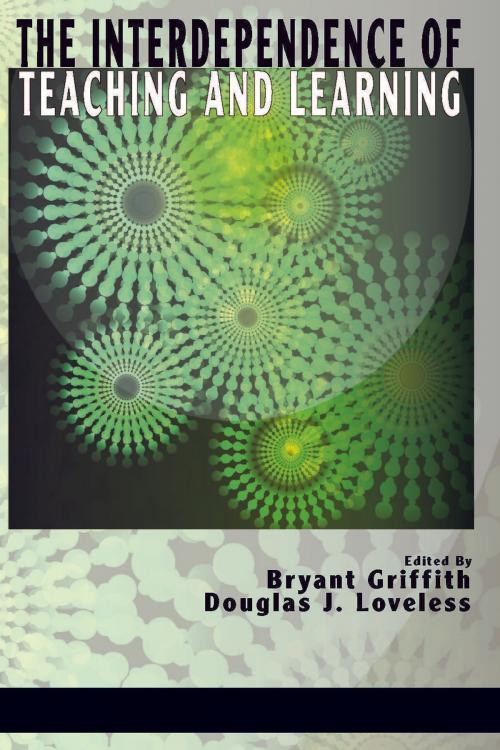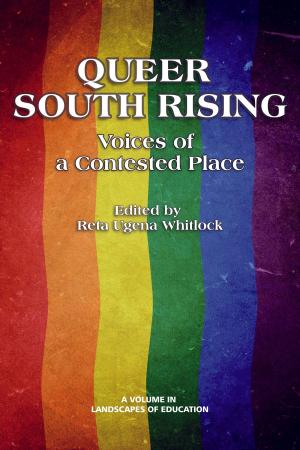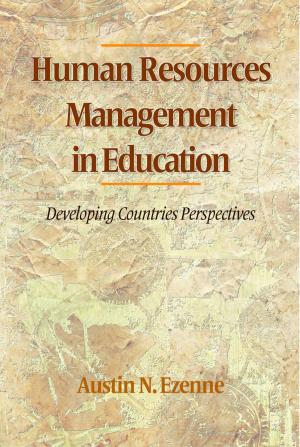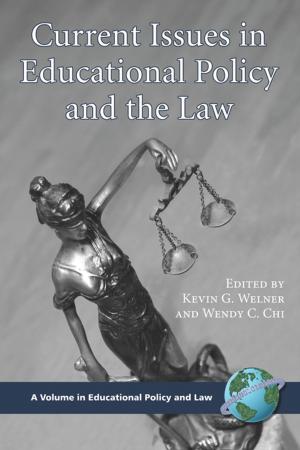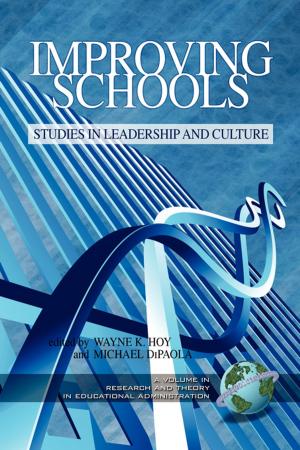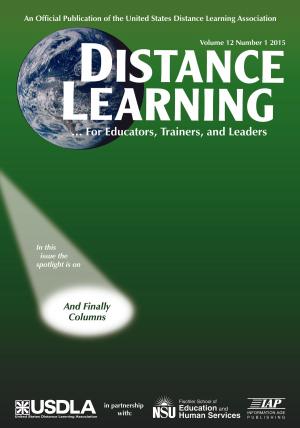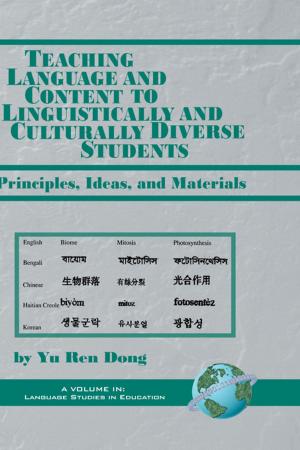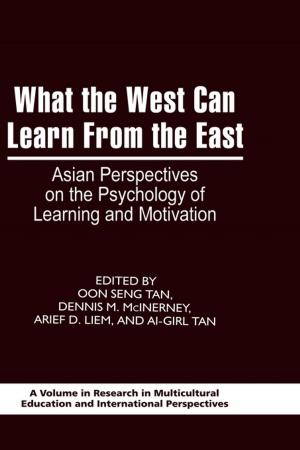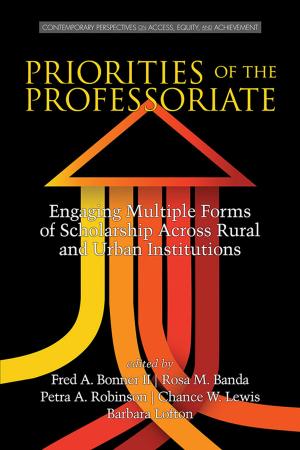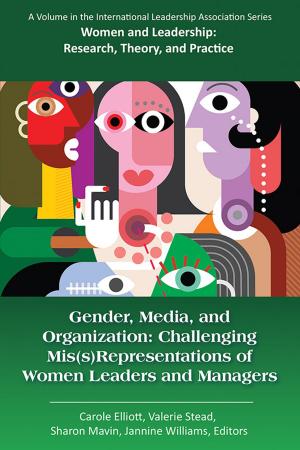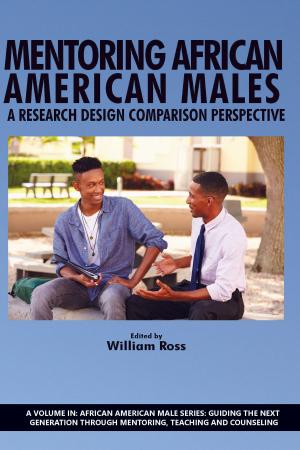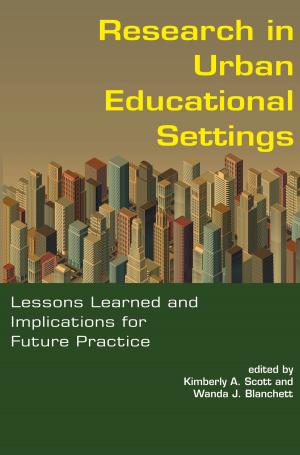The Interdependence of Teaching and Learning
Nonfiction, Reference & Language, Education & Teaching, Teaching, Teaching Methods| Author: | ISBN: | 9781623961435 | |
| Publisher: | Information Age Publishing | Publication: | March 1, 2013 |
| Imprint: | Information Age Publishing | Language: | English |
| Author: | |
| ISBN: | 9781623961435 |
| Publisher: | Information Age Publishing |
| Publication: | March 1, 2013 |
| Imprint: | Information Age Publishing |
| Language: | English |
The varied chapters of this book seek to capture the complexities of teaching and learning in today's schools, and they share an interest in exploring the influences of knowledge construction in the moment and over time. Teaching and learning are human processes, interrelated and dynamic. We assembled this collection to unpack what it means to teach and to learn, teasing out some of the implications and challenges of such complicated educational processes that are often misconstrued as causal or linear. As educators currently residing in the United States, we find this a particularly pressing agenda, given the current focus on common core standards and reducing teaching and learning to conceptual and pedagogical stepbystep procedures. Our primary concern in putting together this book was to provide a conceptual and political foundation from which to construct and defend understandings and practices of teaching and learning that embody the complexity of educational endeavors and relationships. The isolation of teaching from learning, and the othering of both teachers and students, one from the other, suggests that knowledge is synonymous with information. This book challenges such assumptions. The project underlying this text can be seen as a means of rethinking how teachers' and students’ perspectives of practice and curriculum influence what learning opportunities are provided to students. Chapters written by established and new thinkers in the field of education demonstrate the ways in which teachers reformulate relationships between teaching and learning in school settings. Our second objective is to examine local constructions of knowledge over time and how those constructions are consequential for teacher and student learning. By examining patterns of practice and processes of knowledge construction in elementary, secondary, and undergraduate classrooms, the authors of these chapters lay a foundation for examining commonalities and differences in the construction of knowledge and practices across educational levels, disciplines, and inschool and outofschool settings.
The varied chapters of this book seek to capture the complexities of teaching and learning in today's schools, and they share an interest in exploring the influences of knowledge construction in the moment and over time. Teaching and learning are human processes, interrelated and dynamic. We assembled this collection to unpack what it means to teach and to learn, teasing out some of the implications and challenges of such complicated educational processes that are often misconstrued as causal or linear. As educators currently residing in the United States, we find this a particularly pressing agenda, given the current focus on common core standards and reducing teaching and learning to conceptual and pedagogical stepbystep procedures. Our primary concern in putting together this book was to provide a conceptual and political foundation from which to construct and defend understandings and practices of teaching and learning that embody the complexity of educational endeavors and relationships. The isolation of teaching from learning, and the othering of both teachers and students, one from the other, suggests that knowledge is synonymous with information. This book challenges such assumptions. The project underlying this text can be seen as a means of rethinking how teachers' and students’ perspectives of practice and curriculum influence what learning opportunities are provided to students. Chapters written by established and new thinkers in the field of education demonstrate the ways in which teachers reformulate relationships between teaching and learning in school settings. Our second objective is to examine local constructions of knowledge over time and how those constructions are consequential for teacher and student learning. By examining patterns of practice and processes of knowledge construction in elementary, secondary, and undergraduate classrooms, the authors of these chapters lay a foundation for examining commonalities and differences in the construction of knowledge and practices across educational levels, disciplines, and inschool and outofschool settings.
